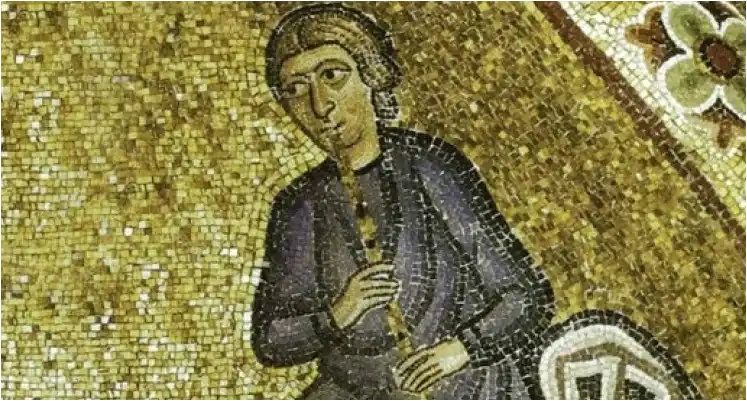The Byzantine political system was one of the most enduring in history, and at its heart was the absolute authority of the emperor. Understanding how the emperor dominated the Byzantine state requires looking at the fusion of Roman law, Christian ideology, and elaborate court ceremony that elevated the ruler to a position far above ordinary mortals. The emperor was not just a political leader; he was the source of all law, the commander of the army, and God’s chosen representative on Earth, a position that gave him immense and multifaceted power.
Table of Contents
👑 The Emperor as God’s Vice-Regent on Earth
The cornerstone of imperial authority was religious ideology. The Byzantines believed their emperor (*basileus*) was chosen by God to rule the Christian Roman Empire. This concept of the emperor as God’s vice-regent placed him in a sacred category, separate from his subjects. This divine mandate was visually reinforced in imperial art and ceremony. Images often depicted the emperor being crowned directly by Christ or an angel, and court rituals were designed to be awe-inspiring, presenting the emperor as a remote and holy figure. This sacred authority meant that rebellion against the emperor was not just a political crime but an act of sacrilege against God’s established order.
⚖️ The Emperor as the Living Law
Inheriting the traditions of ancient Rome, the Byzantine emperor was considered the ultimate source of all law. He was, in the Roman legal phrase, *nomos empsychos*, or the ‘living law.’ While the empire was governed by a vast and complex body of established law, most famously the Justinian Code, the emperor had the authority to issue new laws, edicts, and decrees at will. He was the supreme judge, and all judicial authority ultimately derived from him. This legal absolutism gave the emperor immense practical power over the lives and property of his subjects, reinforcing his position as the undisputed master of the state.
🏛️ A Centralized Bureaucracy and the Power of Patronage
While ideology was crucial, the emperor’s power was exercised through a highly centralized and sophisticated bureaucracy. The administration of the empire was managed by a complex hierarchy of officials, all of whom were appointed by and directly accountable to the emperor. This system of patronage was a key tool of imperial control. By controlling all appointments, salaries, and titles, the emperor could reward loyalty and punish dissent, ensuring the administrative and military machinery of the state remained firmly in his hands. The elaborate system of court titles and honors further reinforced this hierarchical structure, with all status and prestige flowing directly from the imperial center.
—
James, Liz, editor. A Companion to Byzantium. Wiley-Blackwell, 2010.
More Topics
- How Philosophy Influenced Hellenistic Writing
- How to Understand the Hellenistic Book Roll
- How to Read Hellenistic Didactic Poetry
- How Literary Rivalry Shaped Hellenistic Poetry
- How to Appreciate Hellenistic Women Poets
- How Scholarship Became Literature in the Hellenistic Era
- How Royal Patronage Shaped Hellenistic Literature

